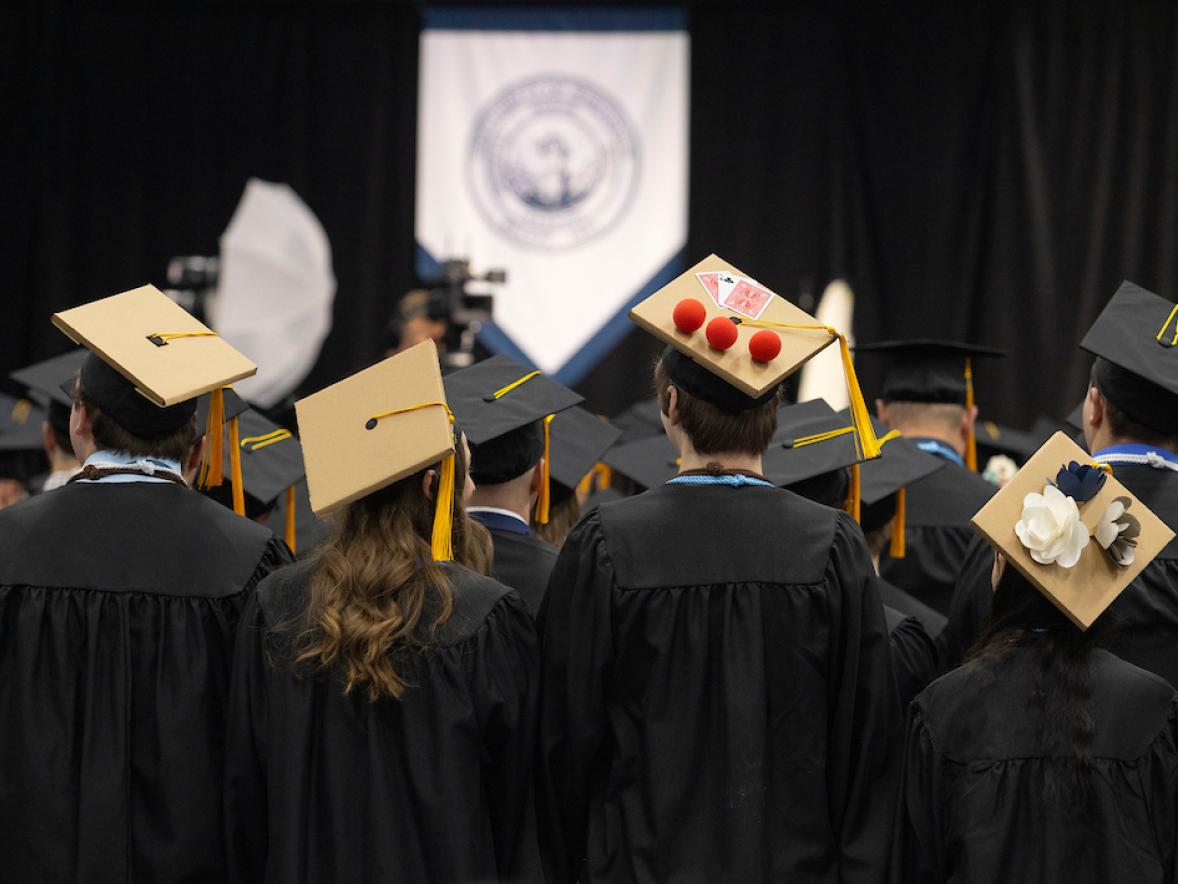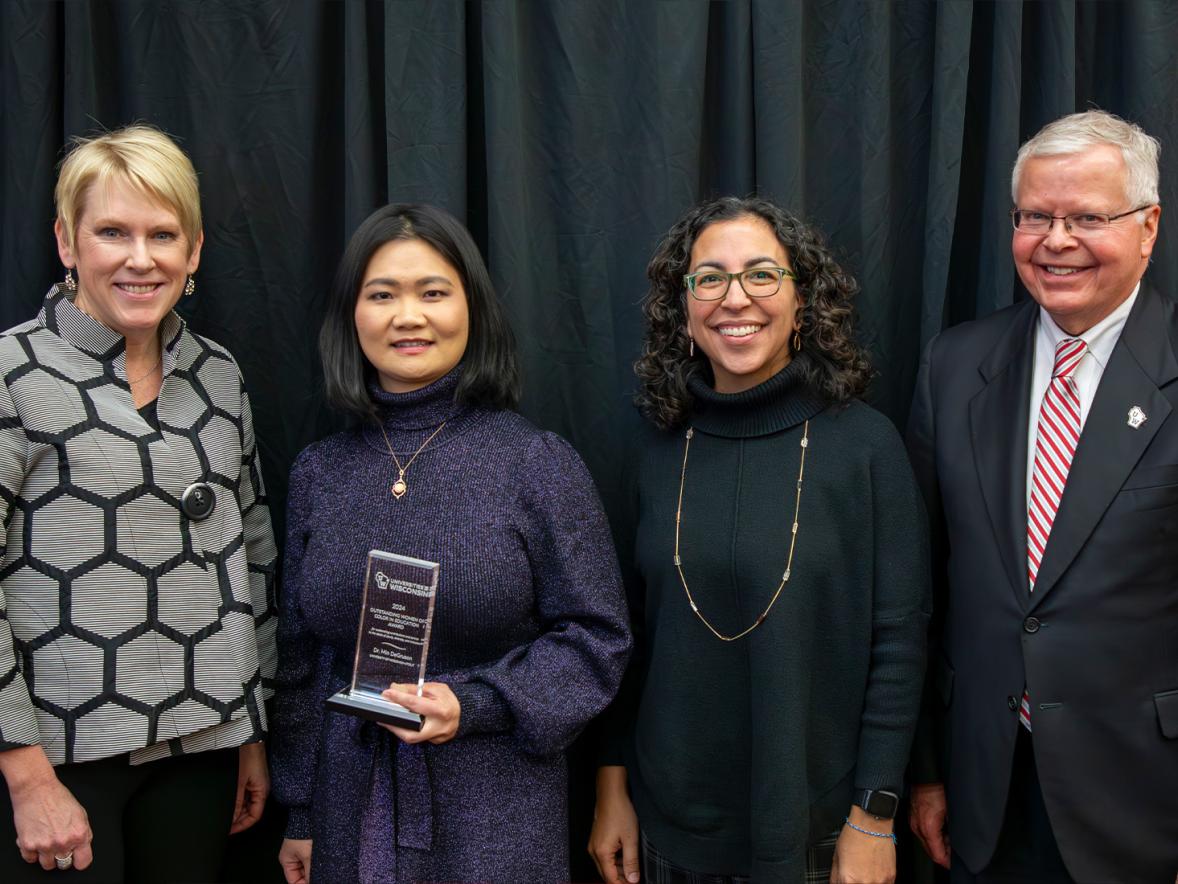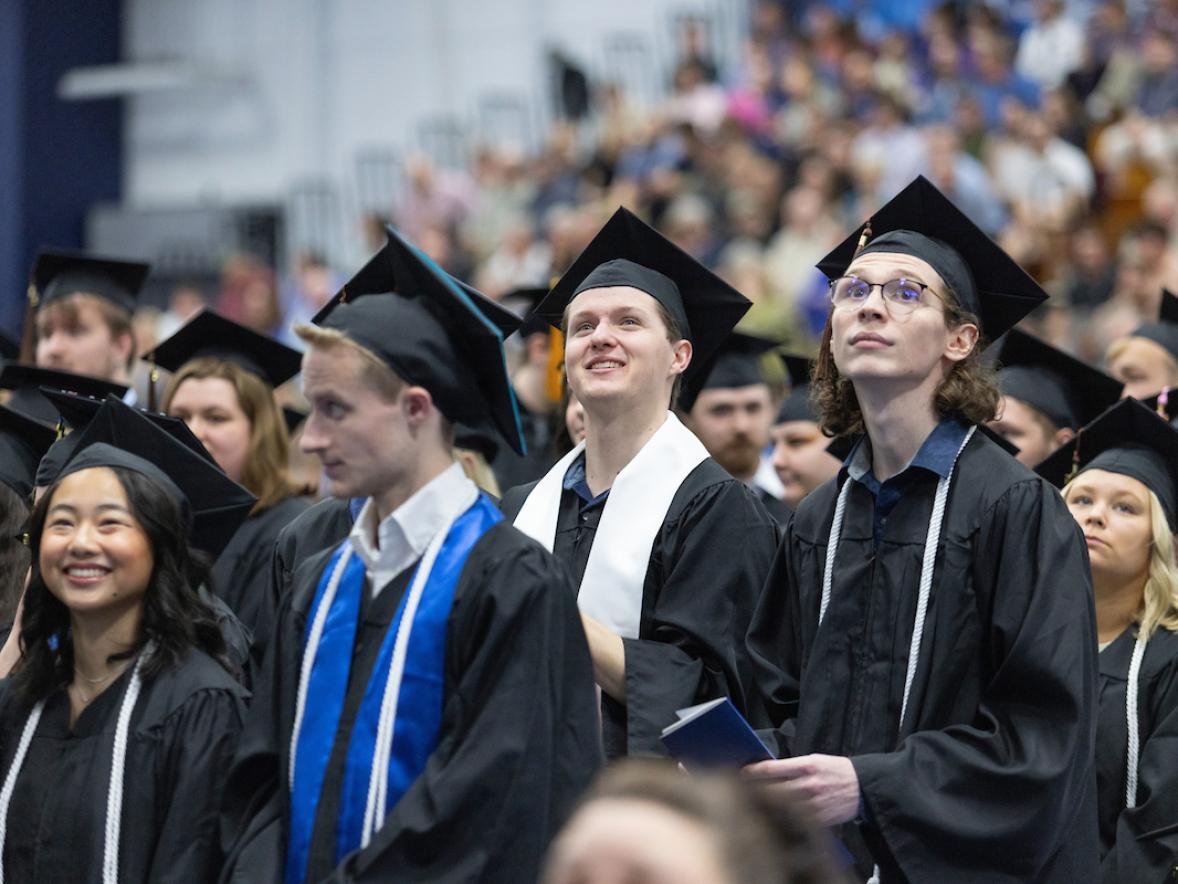Improving sustainability in Wisconsin’s robust construction industry is the goal of a technology-based project being led by a UW-Stout professor, thanks to a $50,000 grant.
Mona Afifi is an assistant professor in the operations and management department who teaches in the construction program. She recently received the Ignite Grant from the UW System, in collaboration with WiSys, for the 2022-23 academic year.
The funds will be used to develop the Integrated Building Information Modeling for Sustainable Construction platform.
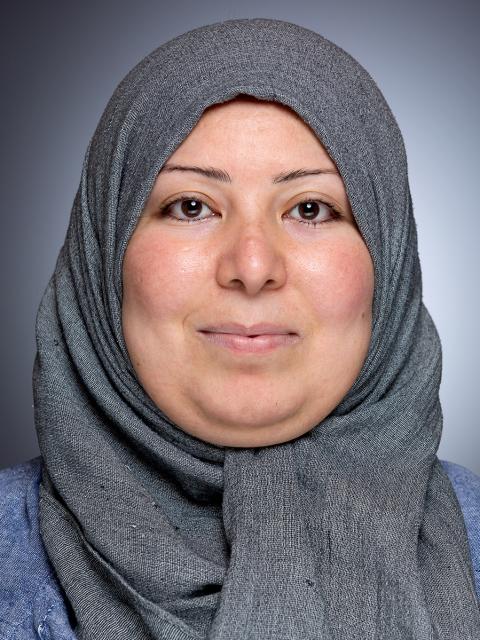
“I am excited about this research because there is a huge impact on the construction industry and the Wisconsin economy in terms of jobs and production. At the same time, there is a demand for minimizing construction waste to create a more sustainable environment,” Afifi said.
The project will involve UW-Stout construction students working on real construction projects and gaining experience in advanced BIM — building information modeling — tools and sustainable construction applications, she said.
Industry partners also will be involved, including opportunities for training and potential for new job opportunities. Construction is the fastest-growing industry in Wisconsin, according to Associated General Contractors of Wisconsin.
UW-Stout has career-focused undergraduate and master’s programs in construction. The bachelor’s program, which prepares students for management positions, has a 100% employment rate and an average starting salary of $56,000.
BIM uses intelligent modeling, via a cloud platform, to create a digital version of the building project for its life cycle, including planning, design, construction and operations.
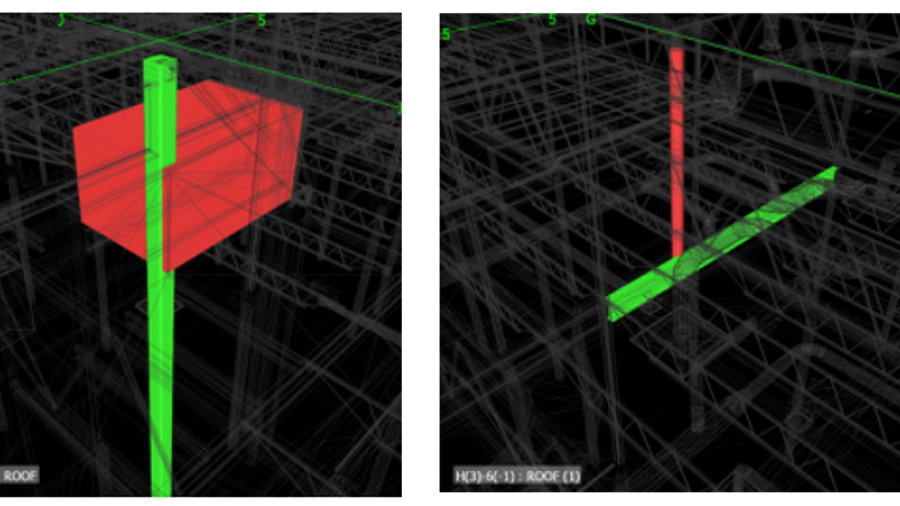
“My research allows the construction team to better manage and integrate the data they create during the design and construction process to benefit operations and maintenance activities,” Afifi said.
For example, after creating the BIM model of the building, the construction team can use the virtual building before construction begins and during construction to run a clash detection, which shows where two components of the building (mechanical ducts, structural beam, walls, etc.) interfere with one another. Creating such an image allows the construction team to identify issues that improve construction efficiency, Afifi said.
Afifi has master’s and doctorate degrees from the University of Alberta’s Hole School of Construction Engineering and more than 18 years of industry and teaching experience. She has received many research awards and has done research in the areas of BIM, sustainability, big data analysis, Lean construction and building optimization.
Sustainability on campus
Sustainability is part of UW-Stout’s FOCUS2030 strategic plan. The university offers an environmental science program, a graduate program in sustainable management, a sustainability minor, incorporates sustainability into program curriculum, has a Sustainability Office and is a Charter Signatory of the Carbon Commitment, a higher education effort to address climate change by committing to neutralizing greenhouse gas emissions by 2050.
The university recently received $2.77 million for a second solar panel project on two buildings.
###





